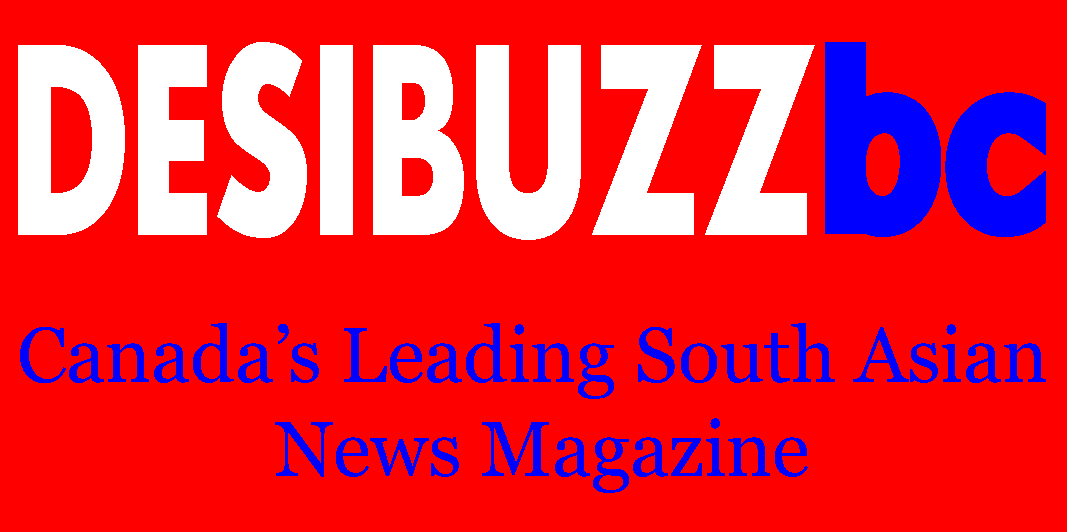DESIBUZZCanada
Events Listings
Dummy Post

International Day Of Yoga To Be Virtually Celebrated Saturday At 4pm

CANCELLED: Coronavirus Fears Kills Surrey’s Vaisakhi Day Parade

ADVERTISE WITH US: DESIBUZZCanada Is The Most Read South Asian Publication Online

SURREY LIBRARIES: Get Technology Help At Surrey Libraries

WALLY OPPAL: Surrey Police Transition Update On Feb. 26

GONE ARE THE DAYS - Feature Documentary Trailer

Technology Help At Surrey Libraries

Birding Walks

Plea Poetry/short Story : Youth Contest

International Folk Dancing Drop-in Sessions
HAVANA SYNDROME: The Mysterious Condition Plaguing US Officials, Causing Brain Damage
- September 4, 2021

A disease —considered to be mysterious so far — called the 'Havana Syndrome' has left several US diplomats plagued with severe headaches, nausea, and possible brain damage this week. While many officials are convinced that the Havana Syndrome is a sustained attack involving electronic weapons, there are also conflicting ideas about it.
WASHINGTON - US vice-president Kamala Harris delayed for several hours a trip to Vietnam after the US embassy in Hanoi reported a possible case involving "acoustic incidents" there, raising concerns she could be a target.
A disease —considered to be mysterious so far — called the 'Havana Syndrome' has left several US diplomats plagued with severe headaches, nausea, and possible brain damage this week. While many officials are convinced that the Havana Syndrome is a sustained attack involving electronic weapons, there are also conflicting ideas about it. The condition, which seems to have almost uniformly affected US officials, has sparked several theories — from a 'microwave attack' to weapons that focused on ultrasound, poison, and even a reaction to crickets.

Here's a brief run-down of the entire situation surrounding the Havana Syndrome:
Cases
On Tuesday, US vice-president Kamala Harris delayed for several hours a trip to Vietnam after the US embassy in Hanoi reported a possible case involving "acoustic incidents" there, raising concerns she could be a target. Ultimately Harris did go to Hanoi, but the US state department said it was investigating a case of what the federal government officially dubbed an "anomalous health incident" or AHI. It was later unofficially called the 'Havana Syndrome' by the media.
In July, the New Yorker magazine reported there have been dozens of cases among the US officials in Vienna, Austria since the beginning of 2021. However, the actual number of incidents reported among American officials has been kept under the wraps for security reasons.
Why is it called the 'Havana Syndrome'?
The syndrome was first named after Havana after the administration of former US President Donald Trump pulled the country's officials out of the Cuban capital and expelled 15 Cuban diplomats from Washington, hinting that either its government or Russia was behind the attacks.
After Trump accused Cuba of perpetrating the attacks, the US government reduced staff to the embassy in the country to a minimum. The Cuban foreign minister, in turn, accused the US of lying about the incident and denied any involvement.


















